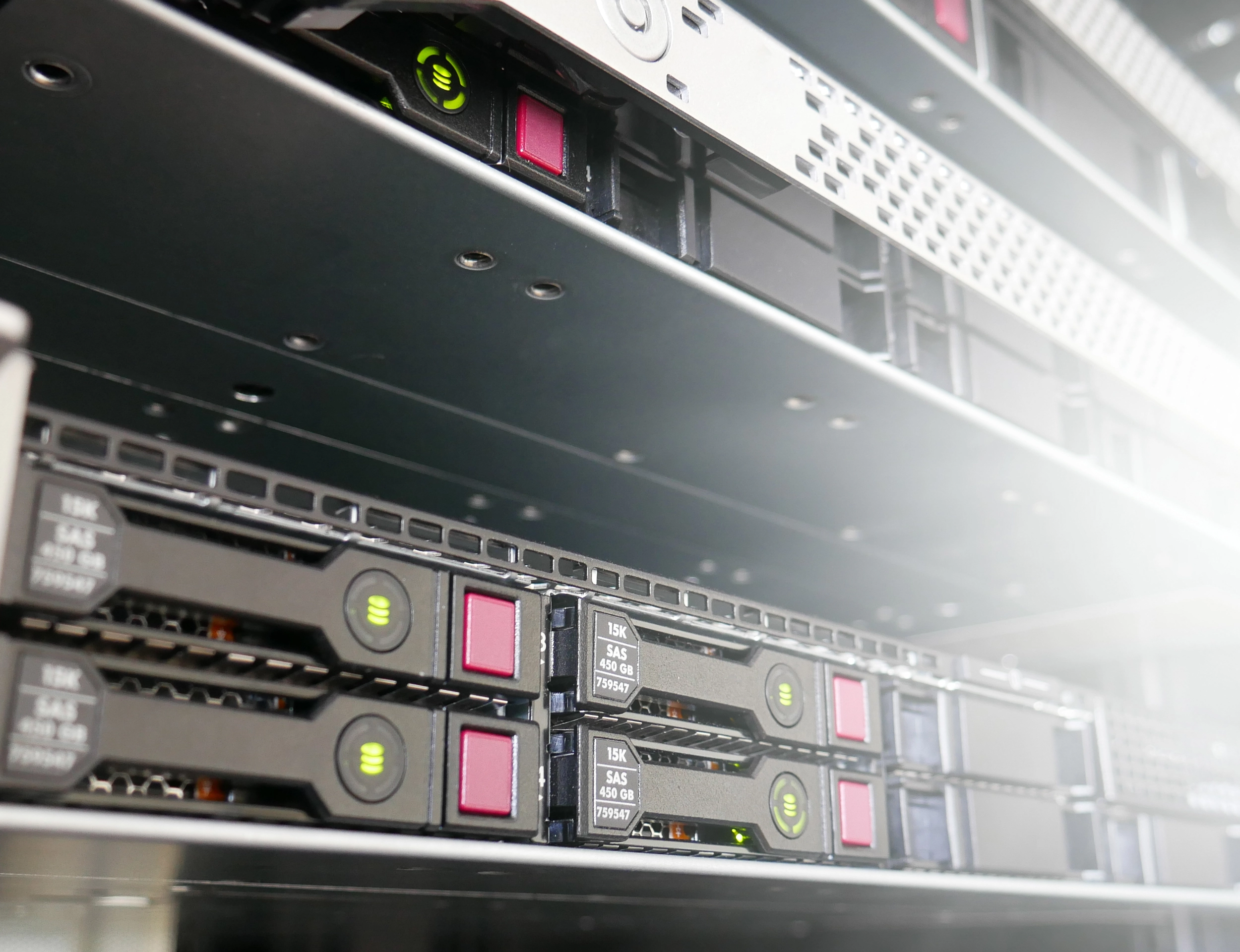
Transformative data enables governments, private sectors, and local authorities to make informed decisions that accelerate economic growth and drive innovation.
To build a competitive economy, Africa must invest in the operationalization of robust and efficient information systems. These systems constitute the backbone of strategic information management and business intelligence. They include all resources (data, artificial intelligence, other emerging technologies, applications, governance systems, etc.) intended to generate evidence and develop tools and instruments. Thus, one of the major challenges of the 21st century is to build robust and efficient information systems to:
- Improve productivity and the development of value chains;
- Contribute to the competitiveness of businesses and the economy;
- Improve transparency and social accountability;
- Ensure governance and data availability to promote the sovereignty and national security of states;
- Restore trust between citizens and governments;
We believe that promoting open and evidence-based data with dynamic governance systems will increase the effectiveness of decision-making processes and the impact of public policies on community life. We engage stakeholders to develop synergies and create inclusive, effective, and efficient digital environments to improve data governance, digital transformation, and the lives of citizens.
Strategic Orientation
We are committed to improving data availability and promoting the responsible and ethical use of AI and digital technologies in Africa. To this end, our approach consists of implementing initiatives, projects, and programs in collaboration with partners in the data and digital ecosystem in Africa to:
- Continue stakeholder engagement;
- Promote robust, efficient, integrated, and inclusive information systems;
- Responsible and ethical use of AI and other digital technologies to address major economic and social development challenges;
- Dynamic governance of AI and digital technologies;
- Strong partnerships and alliances for digital sovereignty.
Data Collection and Statistical Analysis
Experimental and quasi-experimental methods
Micro simulation and evaluation of public policies
Machine learning and artificial intelligence
Even for civil servants who never write code themselves, having sufficient knowledge of data science will be essential to interpret, analyze and make decisions to positively impact the lives of communities.


